DHDD Newsletter – July 2021
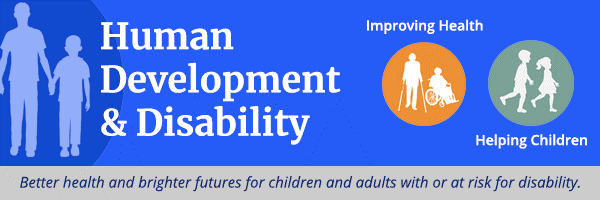
A Note from the DHDD Director:
Dear DHDD Partners,
I hope you are doing well and staying healthy. I am continuing to get fully back into the ongoing and upcoming work of DHDD after my COVID response work and have enjoyed being able to regularly participate in partner calls and meetings again. I have received several requests to present at various meetings and webinars over the next few months and am excited to be able to take these opportunities to talk both about DHDD’s work as well as the impact of COVID-19 on people with disabilities.
New school guidance related to COVID-19 has been released. Back to school issues are top-of-mind for many parents and caregivers with in-person school starting for many in just a few weeks. NCBDDD’s Director, Dr. Karen Remley, recently recorded a podcast to help inform parents and caregivers about how they can prepare for a transition back to in-person school. You can listen to the podcast here. DHDD has also developed a web feature about returning to school post-COVID-19. You can read the feature here.
Additionally, on Tuesday, CDC issued an update to masking recommendations as we continue to face the Delta variant of Covid-19. The guidance encourages people to wear a mask in public indoor settings in areas of substantial and high community transmission, even if they are fully vaccinated.
Finally, we have a new COVID-19 vaccination video for people with ID/DD who have extreme low literacy along with a tip sheet for care providers. Please visit our site to access these resources and more!
All the best,
Georgina
In the Spotlight
Fragile X sydrome Feature: Five Things You May Not Know About Fragile X Syndrome

Fragile X syndrome (FXS) is a genetic disorder. Because of changes in their genetic material (specifically the FMR1 gene), people who have FXS do not make a protein called FMRP, which is needed for normal brain development. People who have other fragile X-associated disorders also have changes in the FMR1 gene, but usually make some of the FMRP protein.
As part of CDC’s work to educate people about FXS and to celebrate Fragile X awareness month, we released a feature that outlines five things you may not know about FXS. Please share with your networks!
COVID-19 pandemic: Helping young children and parents transition back to school
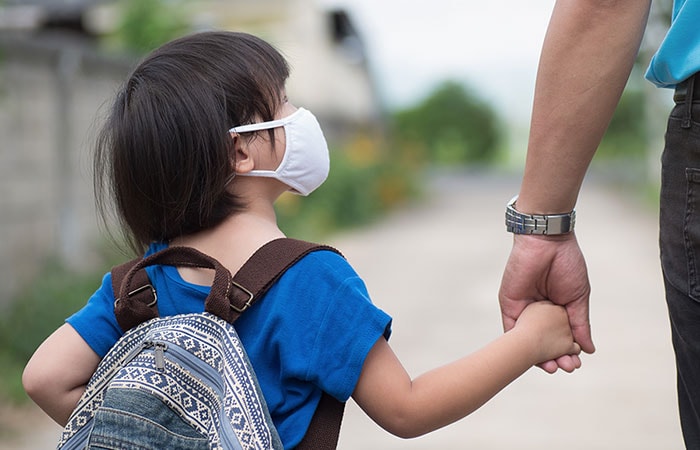
Transitioning back to early childhood programs or school— or starting them for the first time—can create extra challenges during a pandemic.
Many early care and education programs stayed open during the COVID-19 pandemic to provide needed care. But for many families, the pandemic meant keeping their children at home. With more programs and schools opening up for in-person learning, this means more children will be away from home again after a long break. And many babies who were born just before or during the COVID-19 pandemic may have stayed home rather than starting an early care and education program. For these children and their parents— including caregivers who have the role of parent—an early care and education program will be a brand-new experience.
Podcast!
In a recent podcast, Dr. Karen Remley, Director of the National Center on Birth Defects and Developmental Disabilities provides useful tips to make the return to school or early child education easier for your child. She also provides information about an easy-to-complete emergency information card to keep in your child’s backpack.
2019 Early Hearing Detection and Intervention Data
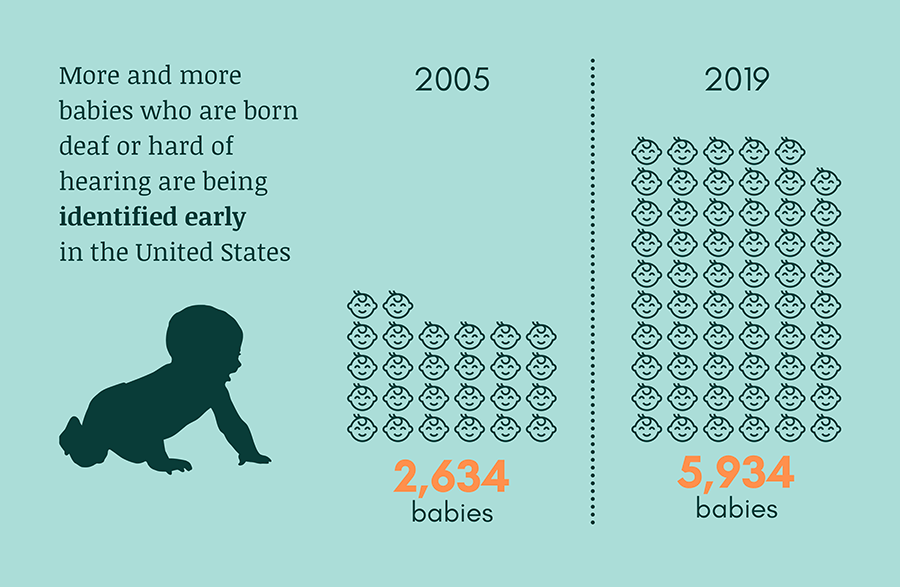
More and more babies who are born deaf or hard of hearing are being identified early in the United States. In 2019, over 5,900 babies were identified, with nearly two-thirds of these infants enrolled in timely intervention services.
View the latest Early Hearing Detection and Intervention (EHDI) data to find out how many infants were screened, diagnosed, and enrolled in early intervention services in your state.
SEED COVID-19 Impact Study
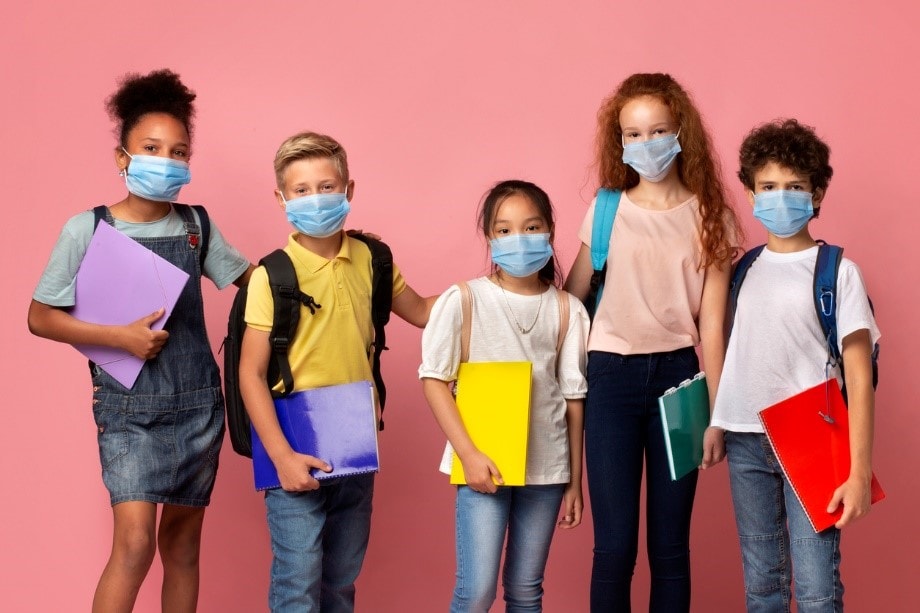
CDC’s Study to Explore Early Development (SEED) is a multi-year, multi-site study to help increase our understanding of autism spectrum disorder (ASD) and other developmental disabilities.
CDC, as part of SEED, Phase 3, is collecting information on the impact of COVID-19 on services, behaviors, and health during 2020 to help inform public health strategies for young children (aged 3–9 years) and their families, especially during public health emergencies.
New Resources
Become a Disability A.L.L.Y. in Your Community and Promote Inclusion for All
CDC’s Disability A.L.L.Y page is now live!
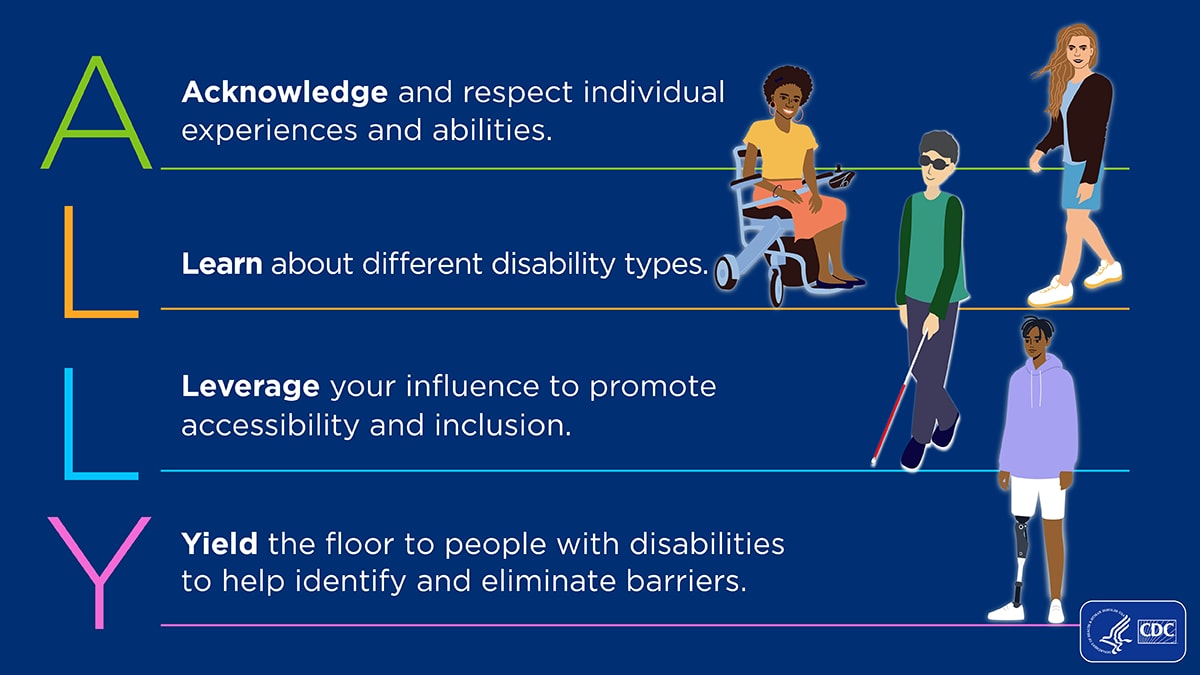
Join CDC in promoting disability inclusion and accessibility for all by sharing resources and information on your social media channels, blogs, podcasts, and more.
Disability inclusion entails identifying barriers that potentially impact people with disabilities to independently live and be fully engaged in their communities. Every community member can make a difference and play a part in addressing those barriers. For example, healthcare professionals and administrators can create more inclusive health care for patients with disabilities. Take steps to learn how you can increase disability inclusion and accessibility for all to improve the health, well-being, and participation of people with disabilities in your community.
New CDC COVID-19 Low Literacy Resources Added to the COVID and Health Equity Sites – including Videos!
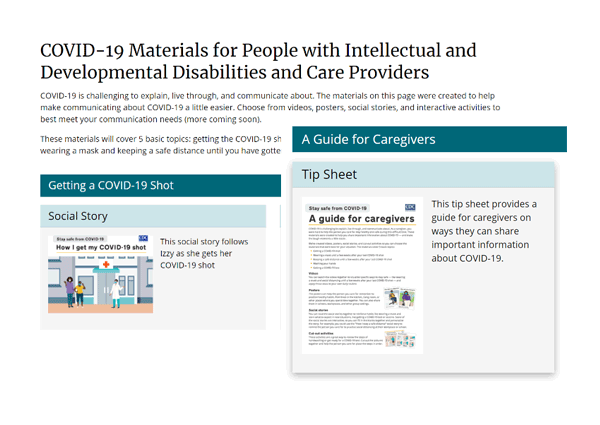
A new COVID-19 Vaccine Video designed for people with literacy challenges, people with intellectual and developmental disabilities, and caregivers has posted to CDC’s You Tube site. A Tip Sheet for Caregivers has also posted to the DHDD site. DHDD is also continuing to build out a site dedicated to these COVID-19 resources.
Please continue to check back for more resources as they become available!
Publications
New Report: Important Considerations for COVID-19 Vaccination of Children with Developmental Disabilities
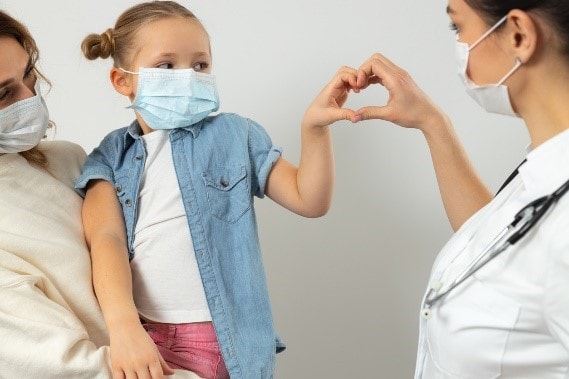
A new report published online in Pediatrics summarizes data showing that children with developmental disabilities (DDs) may be at higher risk from COVID-19 illness because of increased prevalence of underlying health conditions, suboptimal vaccination rates, and systemic inequities. Strategies can be implemented and supported by pediatricians to ensure that children with DDs, their caregivers, family members, and service providers receive the COVID-19 vaccine to reduce negative outcomes. Highlighting the unique considerations for COVID-19 vaccination for children with DDs can support equitable access of vaccination for children with DDs and their families.
New Study: Underlying Medical Conditions and Severe Illness Among 540,667 Adults Hospitalized with COVID-19, March 2020-March 2021
A new study published online in Preventing Chronic Disease found that certain underlying conditions and the number of conditions were associated with severe COVID-19 illness. Hypertension and disorders of lipid metabolism were the most frequent, whereas obesity, diabetes with complication, and anxiety disorders were the strongest risk factors for severe COVID-19 illness. Careful evaluation and management of underlying conditions among patients with COVID-19 can help mitigate risk for severe illness.
New Study: Outcomes Among Patients Referred to Outpatient Rehabilitation Clinics after COVID-19 Diagnosis — United States, January 2020–March 2021
A new study published in MMWR found that people who have had COVID-19 might experience continued poor physical and mental health and need additional support and tailored rehabilitation services. Health care systems and providers should be prepared to recognize and meet the ongoing needs of these patients. Maximizing vaccination for all eligible people will prevent COVID-19 and post-COVID-19 conditions.

